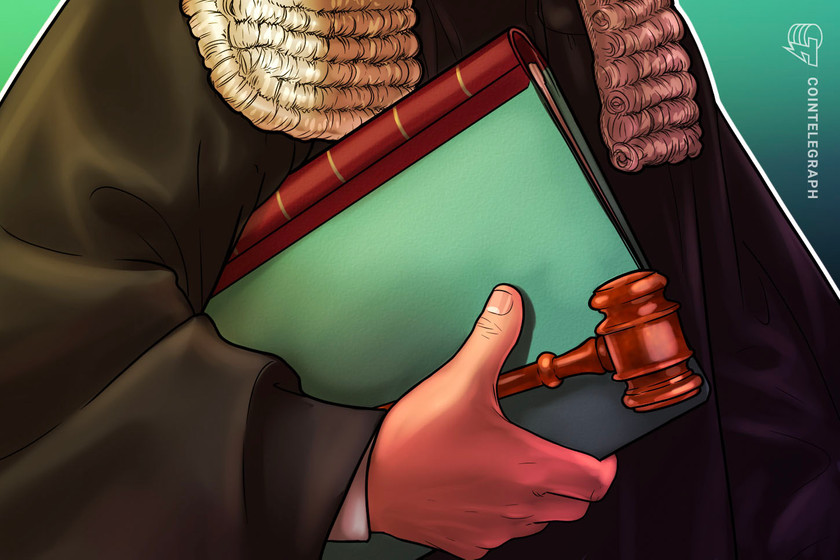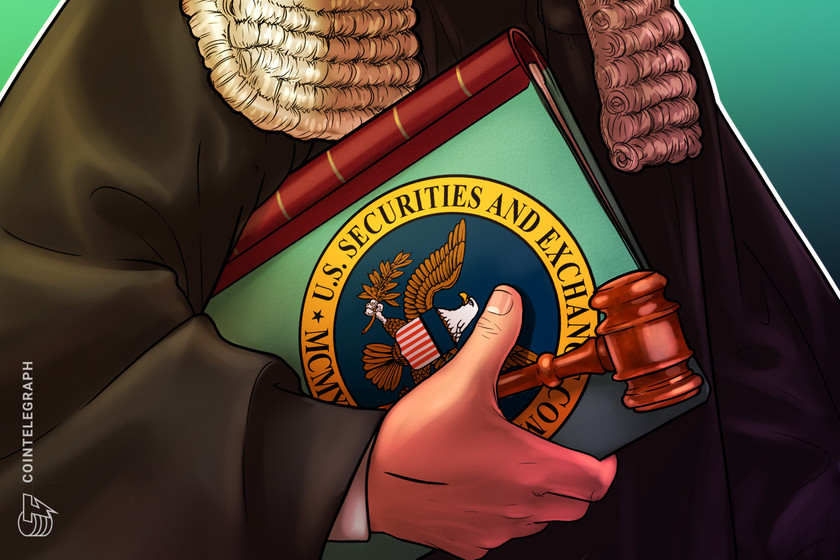Class action against Kim K, Mayweather over EMAX dismissed… for now


Despite dismissing the case, the judge acknowledged the lawsuit reflects a potentially dangerous trend of fraudulent-like promotional schemes.
A federal judge in California has dismissed a class action lawsuit against reality TV star Kim Kardashian, boxing champ Floyd Mayweather and the founders of EthereumMax, explaining that the submissions failed to meet the “heightened pleading standards” for fraud claims.
The judge has, however, left room for the plaintiffs to refile the lawsuit if certain provisions are amended.
In the original Jan. 7 court filing by Scott+Scott Attorneys At Law, the plaintiffs argued that Kardashian, Mayweather and former NBA superstar Paul Pierce didn’t disclose they were being paid to promote EthereumMax (EMAX).
The plaintiffs alleged that they used “false or misleading statements” to “artificially inflate the price of the token.”
Kardashian promoted EMAX in a June 2021 post on Instagram, while Mayweather wore the EMAX logo on his boxing trunks in a match against YouTube star Logan Paul that same month.
According to reports, Judge Michael Fitzgerald dismissed the lawsuit Dec. 7 on the grounds that the fraud allegations lacked merit and that investors at the end of the day have a responsibility to conduct due diligence on their investments:
“But, while the law certainly places limits on those advertisers, it also expects investors to act reasonably before basing their bets on the zeitgeist of the moment.”
However, Judge Fitzgerald acknowledged in his dismissal the power that celebrities have been afforded by new technologies and social media platforms in establishing potentially fraudulent promotional schemes.
“This action demonstrates that just about anyone with the technical skills and/or connections can mint a new currency and create their own digital market overnight,” Fitzgerald reportedly wrote in his dismissal.
Celebrities now have the ability to “readily persuade millions of undiscerning followers to buy snake oil with unprecedented ease and reach,” he added.
Related: SafeMoon pump-and-dump lawsuit targets Jake Paul, Soulja Boy and others
Despite the dismissal, the investors’ fight may not be over. Fitzgerald reportedly stated that he’d allow the plaintiffs to refile the lawsuit if their legal team amended a few provisions from its original filing, with the judge making reference to a provision of the Racketeer Influenced and Corrupt Organizations Act (RICO).
Kardashian has already been bitten once before over her promotion of EthereumMax on her social media account.
On Oct. 3, Kardashian reached a $1.26 million settlement with the U.S. Securities Exchange Commission after allegedly failing to disclose she was paid $250,000 to promote EthereumMax.
Mayweather’s legal team has long denied any affiliation with the EthereumMax, with his attorneys stating that the filing did not “identify a single statement made by Mayweather about eMax tokens or EthereumMax.”


















